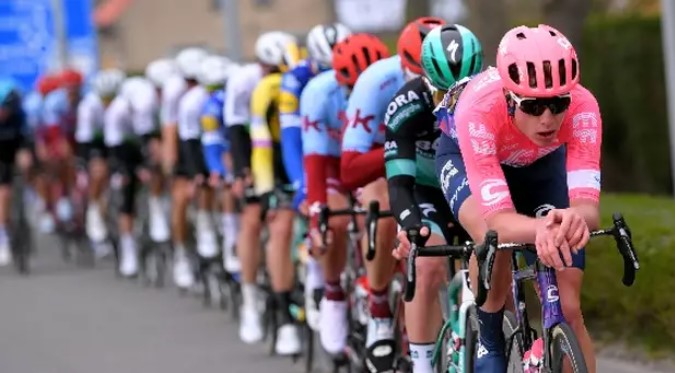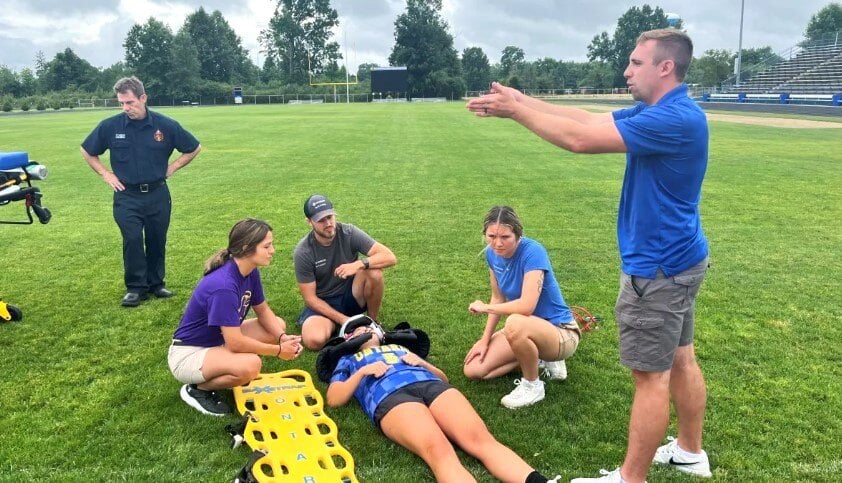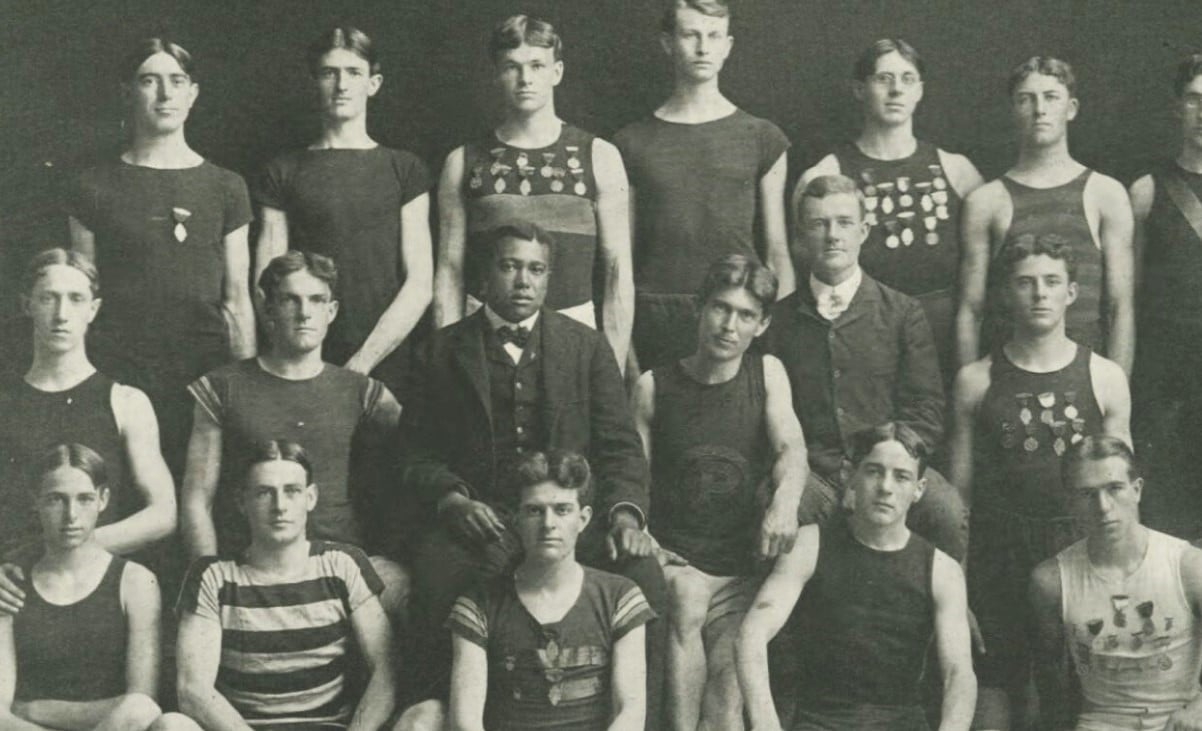Alternative Therapies at the Paris Olympics: Science or Placebo?
 The Paris Olympics have not only showcased athletic talents but also highlighted the use of alternative therapies like ice baths and osteopathy, which experts argue lack substantial scientific backing.
The Paris Olympics have not only showcased athletic talents but also highlighted the use of alternative therapies like ice baths and osteopathy, which experts argue lack substantial scientific backing.
Athletes often seek every possible method to enhance performance and alleviate pain, leading to the adoption of various questionable medical treatments.
French neurologist and pain specialist Didier Bouhassira noted:
"In sport, there is a lot of propaganda for all kinds of 'alternative medicine'—there is a lot of demand from athletes."
At the Rio Games eight years ago, cupping was the trend, despite little evidence supporting its benefits beyond a placebo effect.
This year, cryotherapy has taken the spotlight.
Cryotherapy, encompassing ice baths and advanced cooling chambers, is believed to aid recovery post-exercise. According to an editorial in the British Journal of Sports Medicine, federations requested over 16,000 tons of ice for the Paris Games, costing 2.5 million euros. However, only 650 tons were supplied, still ten times more than the Tokyo Games three years ago.
The editorial criticized the routine use of cryotherapy, suggesting it might delay tissue regeneration or impair recovery, and highlighted the environmental impact of producing, transporting, and storing vast amounts of ice.
Osteopathy is another alternative therapy popular among athletes, despite its contested effectiveness. Osteopaths, integrated into Olympic medical teams, claim to restore health through body manipulations.
Yet, studies with rigorous methodologies have shown little benefit from osteopathy compared to conventional physiotherapy.
A 2021 clinical trial in JAMA Internal Medicine found no significant difference between osteopathic treatments and placebo treatments for back pain.
Pascale Mathieu, president of France's council of physiotherapist, stated:
"Osteopaths offer athletes a feeling of 'well-being without curative properties."
While not overly concerned about osteopathy's presence at the Olympics, Mathieu emphasized:
"What I'm really fighting for is to prevent osteopathy from entering hospitals."
Companies have also faced criticism for promoting dubious products at the Olympics. French pharmaceutical giant Sanofi advertised a "pain-relieving" patch called Initiv, which reflects infrared energy to relieve pain.
Despite Sanofi's claim of favorable clinical trial reception, Bouhassira dismissed it as:
"Pure PR and a long way from science."
The ongoing use of these therapies underscores the tension between athletes' desire for performance enhancement and the scientific validation of such methods.
![HR Logo [Recovered]_Full Color Vertical-1](https://blog.healthyroster.com/hs-fs/hubfs/HR%20Logo%20%5BRecovered%5D_Full%20Color%20Vertical-1.png?width=199&height=178&name=HR%20Logo%20%5BRecovered%5D_Full%20Color%20Vertical-1.png)
 By
By


